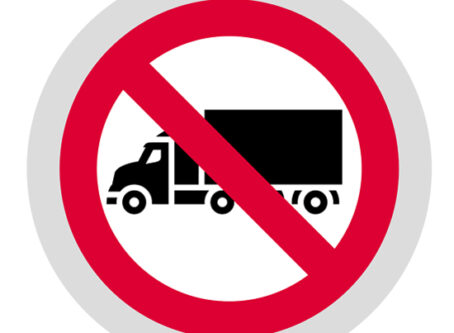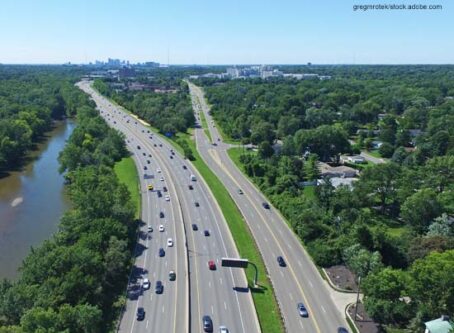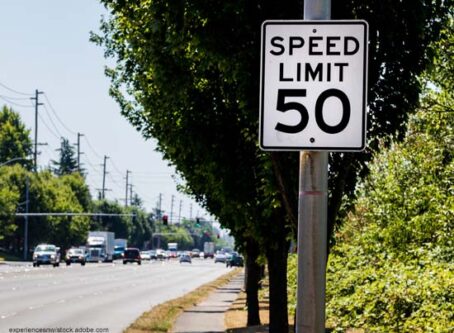Washington House approves carbon emissions mandate
The state of Washington could soon join two neighboring states in the pursuit of reducing carbon emissions at the expense of higher fuel prices.
State representatives voted 52-44 to advance a bill to create a low-carbon fuel standard mandate modeled after programs in California and Oregon. The bill now heads to the Senate.
Sponsored by Rep. Joe Fitzgibbon, D-West Seattle, HB1110 is touted to improve air quality and provide economic benefits by increasing demand for biofuels produced in the state.
“It is long past time for Washington to join our neighbors to the north and south in adopting a strong program to reduce pollution from transportation fuels,” Fitzgibbon said in prepared remarks.
‘Poison pill’
In 2015, Gov. Jay Inslee signed into law a $16.1 billion transportation revenue bill. The deal included a fuel tax increase and other vehicle fee increases.
At that time, the state’s 37.5-cent fuel rate was increased by nearly 12 cents to 49.4 cents.
The funding deal was approved by state lawmakers after the governor dropped his pursuit to charge fees to carbon and industrial polluters to pay for transportation work.
A “poison pill” included in the bill prevents the governor from enacting a low-carbon fuel standard. The standard is supposed to be in place through 2023.
Critics say HB1110 does not honor that agreement.
California and Oregon programs
In place since 2010, California’s clean fuels program requires a 10% reduction in carbon intensity of gasoline and diesel fuel by 2020. A 20% reduction is required by 2030.
Oregon’s carbon emissions program, in place since 2015, requires a 10% reduction by 2025 in the carbon intensity of transportation fuels.
Critics highlight the clean fuels programs have resulted in fuel prices increasing by 13 and 9.5 cents per gallon, respectively.
Washington’s pursuit
Fitzgibbon’s bill calls for a 10% reduction in 2017 carbon emissions levels by 2028. Emissions must be cut 20% below 2017 levels by 2035.
Opponents say the requirement could result in fuel costs increasing between 57 and 63 cents per gallon.
Rep. Jenny Graham, R-Spokane, said the fuel standard could cause many to go broke in the trucking industry.
“Now the fuel that they rely on – that there’s not other options for – is going to literally put them out of business,” Graham said during House floor discussion on the bill.
She asked bill supporters who is going to “step up” and handle deliveries for trucking businesses that shut down or refuse to do business in the state.
“When truck drivers leave this industry, is the state going to buy trucks and start delivering food? … Because if this is allowed to happen, this is exactly the road we are going to go down.”
Rep. Brad Klippert, R-Kennewick, added the changes would severely affect consumers but do very little to affect climate change.
“Washington state’s carbon emissions represent one-third of 1% of all the carbon produced in the world,” Klippert said. “And we’re going to harm economically so much the citizens of Washington state for one-third of 1%?”
HB1110 has moved to the Senate Environment, Energy and Technology Committee.
More Land Line coverage of news from Washington is available.









